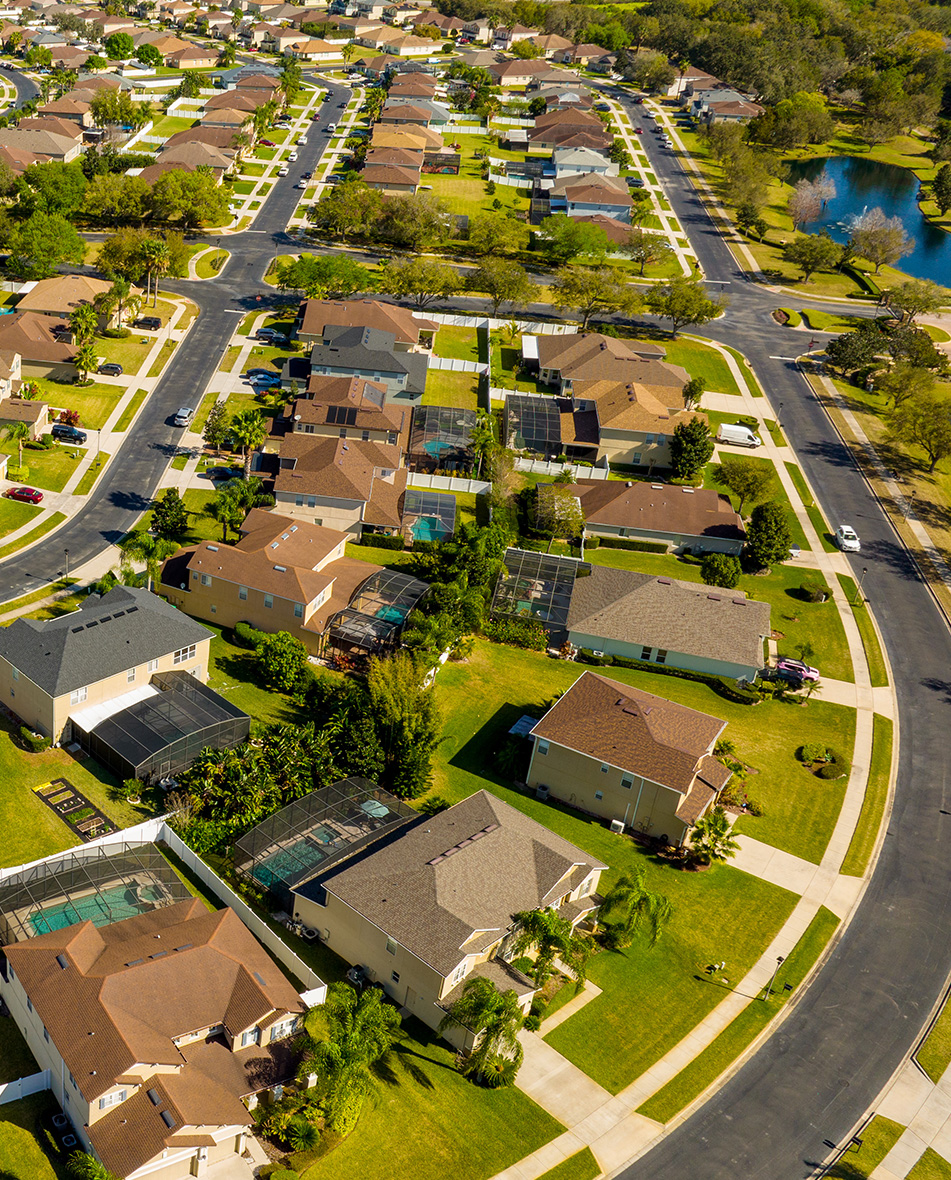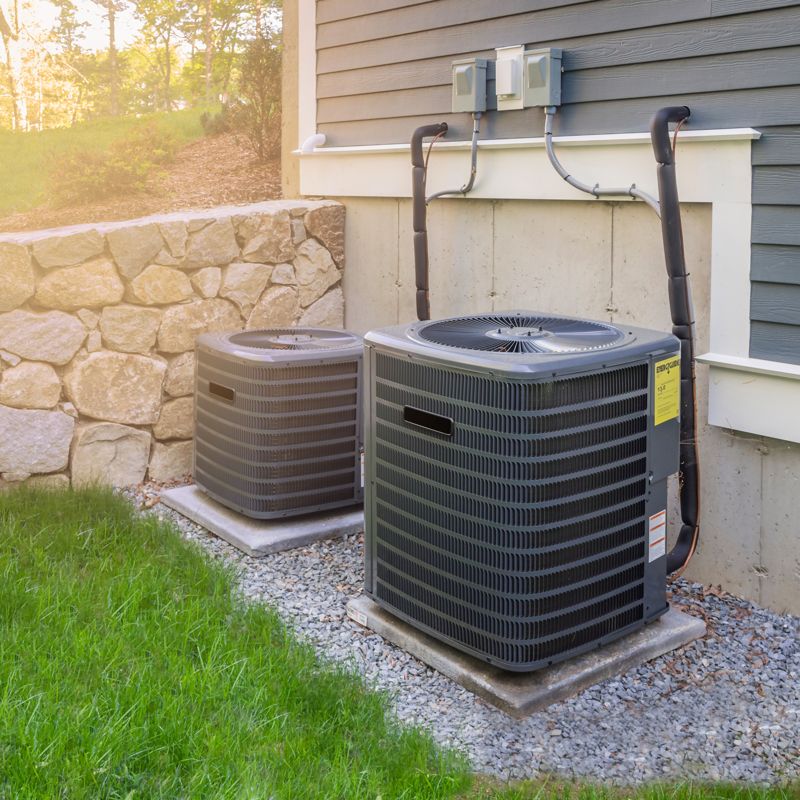
AC Repair
AC Repair Near Orlando, FL
When your air conditioner breaks down in the middle of Orlando’s sweltering heat, you need fast, reliable, and affordable AC repair services. At ProMag, we specialize in diagnosing and fixing all types of air conditioning issues, ensuring your home stays cool and comfortable year-round. Whether your AC is making strange noises, blowing warm air, or not turning on at all, our certified technicians are here to help. Call us today at (321) 471-4849 for same day AC repair services in Orlando.
Common Signs You Need AC Repair near Orlando
Don’t ignore these warning signs that your AC system needs professional attention:
- Warm Air: If your AC is blowing warm air, it could indicate a refrigerant leak or compressor issue.
- Strange Noises: Grinding, squealing, or banging sounds often signal mechanical problems.
- Weak Airflow: Poor airflow may be caused by clogged filters, duct issues, or a failing blower motor.
- Frequent Cycling: If your AC turns on and off repeatedly, it could be overheating or have a faulty thermostat.
- High Humidity: Your AC should regulate humidity. If it doesn’t, there may be a problem with the system.
- Unpleasant Odors: Musty or burning smells could indicate mold growth or electrical issues.
- Water Leaks: Pooling water around your AC unit often points to a clogged drain line or refrigerant leak.
Is your AC showing any of these signs? Don’t wait until the problem gets worse! Call ProMag at (321) 471-4849 for prompt and reliable AC repair services in Orlando.
Why Choose ProMag?
Serving Orlando, FL Since 1988
-
Customized Maintenance PlansKeep your system running strong year-round with our affordable maintenance plans designed to prevent breakdowns and extend equipment life.
-
Flexible Financing AvailableWe make comfort affordable with flexible financing options. Get the HVAC system you need today without breaking the bank.
-
24/7 Emergency HVAC ServiceDay or night, weekends or holidays - we’re here for you with fast, reliable emergency HVAC service whenever you need it most.
-
Trusted Local Experts Since 1988Proudly serving Florida homes since 1988 with honest service, expert care, and long-lasting solutions our community counts on.

Why Orlando Homeowners Trust ProMag
When it comes to AC repair in Orlando, ProMag stands out as the go-to choice for homeowners. Here’s why thousands of Orlando residents trust us with their cooling needs:
- Local Expertise:
Orlando’s hot and humid climate puts a lot of strain on air conditioning systems. We understand the unique challenges this creates and tailor our services to meet the specific needs of Orlando homeowners. Whether it’s handling high humidity levels or ensuring your system can withstand the summer heat, we’ve got you covered. - Certified Technicians:
Our team of NATE-certified technicians is highly trained and experienced in repairing all makes and models of AC systems. From diagnosing complex issues to performing precise repairs, our technicians have the skills and knowledge to get the job done right the first time. - Honest and Transparent Service:
At ProMag, we believe in honesty and integrity. We provide upfront pricing with no hidden fees, and we’ll never recommend unnecessary repairs or upsell you on services you don’t need. Our goal is to provide solutions that are in your best interest. - Customer-First Approach:
Your comfort and satisfaction are our top priorities. From the moment you call us to the completion of the repair, we treat you like family. We listen to your concerns, answer your questions, and ensure you’re completely satisfied with our work. - Same-Day and Emergency Services:
We know how urgent AC repairs can be, especially during Orlando’s scorching summers. That’s why we offer same-day and 24/7 emergency repair services. When your AC breaks down, we’ll be there quickly to restore your comfort. - Comprehensive Services:
Whether you need a minor repair, a major overhaul, or routine maintenance, we offer a wide range of services to keep your AC system running smoothly. No job is too big or too small for our team. - Warranty-Backed Repairs:
We stand by the quality of our work. That’s why we offer warranties on all our repairs, giving you peace of mind and confidence in our services. - Energy-Efficient Solutions:
We not only fix your AC but also provide recommendations to improve its efficiency. From upgrading to a programmable thermostat to sealing ductwork, we help you save money on energy bills while keeping your home comfortable. - Community Trust:
As a locally owned and operated company, we’re proud to serve the Orlando community. Our reputation is built on trust, reliability, and exceptional service. We’re not just another HVAC company—we’re your neighbors. - Proven Track Record:
With years of experience and countless satisfied customers, ProMag has earned a reputation as one of Orlando’s most trusted HVAC companies. Our reviews and testimonials speak for themselves.
Join our family of satisfied customers! Call ProMag today at (321) 471-4849 for reliable, honest, and professional AC repair services in Orlando. Let us show you why so many homeowners trust us to keep their homes cool and comfortable year-round!


-
"ProMag is awesome!"
- Ronald M.
AC Repair FAQs
- How much does AC repair cost in Orlando?
The cost depends on the type and extent of the repair. We provide upfront pricing after diagnosing the issue. - How long does AC repair take?
Most repairs are completed within a few hours, but complex issues may take longer. - Can I repair my AC myself?
DIY repairs can void warranties and cause further damage. Always trust a professional for AC repairs. - How often should I service my AC?
We recommend annual maintenance to keep your system running smoothly and avoid costly repairs. - Do you offer warranties on repairs?
Yes, we stand by our work and offer warranties on all repairs.
Have more questions? Call us at (321) 471-4849 to speak with an expert!
Tips to Prevent AC Problems
- Change Air Filters Regularly: Dirty filters restrict airflow and strain your system.
- Schedule Annual Maintenance: Regular tune-ups can catch small issues before they become big problems.
- Keep the Area Around Your Unit Clear: Remove debris and vegetation to ensure proper airflow.
- Monitor Thermostat Settings: Avoid setting your thermostat too low, as it can overwork your system.
Need professional maintenance or repair? Call ProMag at (321) 471-4849 to schedule your service!
Schedule Your AC Repair Today!
Don’t let a broken AC system leave you sweating through another Orlando summer. Trust ProMag for fast, reliable, and affordable AC repair services. Call us today at (321) 471-4849 to schedule your service or request a free estimate. Let us help you stay cool and comfortable all year long!
All of our AC Repairs Include:
- Same-day service, no overtime charges
- 100% satisfaction guaranteed
How Much Can AC Repair Cost?
The amount you need to spend for AC Repair is based on:
- Problem with the AC or Heating System - The things that need fixing or changing dictate how to repair. Some fixes need cheap parts and easy fixes, while others can be expensive when the warranty is over.
- Air Conditioning Repair Contractor - Good contractors are more expensive but will save you money over time by not taking shortcuts. If you don't like seeing the contractor often, it may be worth spending a little more for better service.
- Warranty of the AC or Heating System - If the equipment is covered by a warranty, you may pay less for repairs. We can check if the warranty is still valid for the heating and cooling system.
- Get a clear, upfront price for AC repairs without any hidden fees - We'll tell you how much it will cost to repair your air conditioner once we figure out what's wrong with it. That way, you won't be surprised by any unexpected costs.
- Do you need something installed? You can get a free quote by having someone come to your home - Let us know what you want to have installed and we'll send an expert to figure out how much it will cost you at no charge.
These are indications that your heating, ventilation, and air conditioning (HVAC) system may need repairs.
Your AC Might Need fixing if:
- Your energy bills are more expensive than usual, and this might be because your air conditioning is not working well to cool your home.
- Your home may need AC repair if the temperature inside is hotter than what you set on the thermostat.
- The air isn't reaching all parts of the home. This could mean you need to fix the air conditioning or heating system.
- The thing outside is covered in ice. It might be because there's a leak in the cold juice, making it freeze. The part that gets cold might also be frozen and an ac technician will need to fix it.
What you pay to repair your system will depend on:
- The AC is not working. If the switch isn't the issue, then probably the thermostat isn't working properly.
- If your furnace or AC is making strange noises, that can tell you what might be wrong. A screeching or grinding noise means the blower motor or belt might be causing the problem. A loud boom sound means ignition issues need to be checked immediately. If you hear rattling, something might be loose, or the heat exchanger could be broken.
- The AC or furnace is not working as it should. It keeps turning on and off a lot, which may mean issues with the airflow or thermostat. This might also mean that the furnace is too big for your house and needs to be replaced.